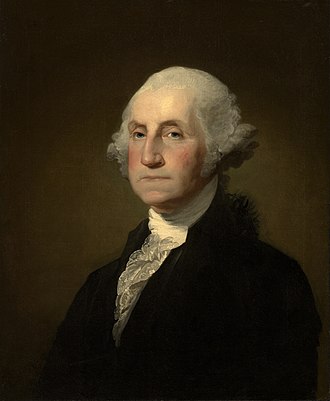 On January 11, 1928, Stalin sent Trotskii to Siberia. And let me be frank. It could hardly have happened to a more suitable person. Except maybe Stalin. But surely it was a warning sign anybody could have read about what was happening to the Bolshevik Revolution.
On January 11, 1928, Stalin sent Trotskii to Siberia. And let me be frank. It could hardly have happened to a more suitable person. Except maybe Stalin. But surely it was a warning sign anybody could have read about what was happening to the Bolshevik Revolution.
As I say, I have no brief for Trotskii. He was no less theoretically extreme or ruthless than his colleagues. He was just less good at it, a vain and ineffective intellectual killer among the truly direct and thuggish killers like Stalin and for that matter Lenin and Molotov.
Somehow he became a romantic idol of sorts for leftist teen girls of various ages and genders, like the equally unsuitable Che Guevara two generations later. There was something weirdly appealing about his inability to cope with life and refusal much of the time to try. (When he thought his colleagues were being boring or foolish in Politburo meetings he would ostentatiously pull out a book and start reading, which is one good way to lose inter-party power struggles.) But he would not have flinched at exiling his rivals or murdering them, or exterminating masses of people. He just got outmaneuvered by people who were more focused, harder-working and more disciplined.
After a year in internal exile Stalin banished him entirely, and Trotskii found himself seeking refuge in hated bourgeois countries including Mexico, where Stalin’s assassins caught up with him with an ice pick in 1940. It’s a murder you’d think would have woken up even die-hard Communists. Instead it just hardened both Trotskiists and Stalinists in their adherence to views equally unreasonable and dangerous but on the one side more practical and on the other almost wilfully impractical. And why not, I guess, if you’d swallowed everything that came before. Including the internal exile, just one more way in which the Communists’ methods were very much like the Tsars but a lot more so.
OK technically Stalin sent Trotskii to not to Siberia but to the wastes of Kazakhstan, to the city of Alma-Ata (now Almaty, if you care). But the ruthless nature of Bolshevik party maneuvering, the transparent lack of genuine democracy, the brutality, repressiveness, intolerance and mendacity were obviously worse than the supposedly intolerable regime the Bolsheviks replaced.
It’s extraordinary in retrospect, and even at the time, to see how few Old Bolsheviks could follow this train of thought to its natural conclusion even when they were on board. Trotskii himself regarded Stalinism as a deformation of the revolution, a kind of state capitalism (which indeed it was, on purpose, because Stalin saw what Trotskii did not, namely that without a world revolution Marxists in power in a backward nation could either hand power back to the capitalists or else push through the changes capitalism would have wrought according to Marx but faster and more deliberately). But he never considered for one moment that the revolution itself, or Marxism, might have been a mistake.
An even weirder case, IMHO, is that of Nikolai Bukharin, regarded by many as the genuinely decent alternative to Stalin at the time in the USSR and later among Sovietologists. I don’t buy it; Bolshevism wasn’t about decency and its program could not be carried out without massive bloodshed and viciousness. But like so many, Bukharin wound up in conflict with Stalin and came out on the wrong end. As he was falling toward a grotesque show trial, he was sent abroad in early 1936 to try to purchase the archives of the German Social Democratic Party and denounced Stalin to various people, including Andre Malraux, to whom he confided “And now he is going to kill me.”
Whereupon he went back to Moscow and was killed. Why, you ask?
Well, as he said to the exiled Menshevik Boris Nikolaevsky, “One is saved by a faith that development is always going forward... like a stream running to the shore.... The stream goes through the most difficult places. But it still goes forward.... And the people grow, becoming stronger in it, and they build a new society.”
On the basis of such necessary if invisible progress, evidently, one could overlook things as obvious as Stalin turning into a tyrant. First when he exiled Trotskii and then when he had him murdered. And when he engineered the mass famine in Ukraine, and signed the Nazi-Soviet Pact, and almost anything else. Including that Trotskii wasn’t nicer than Stalin, just feebler.





